Our friend Kath Murdoch writes about all the discoveries made by Australian teachers working online during the pandemic: Mining for gold.
She’s writing about the world of education, but the parallels for facilitation are obvious. The theme that interested us most is how giving pupils more freedom and agency has had great results:
“When the kids have been able to just run with their interests, the engagement has been massive. Many teachers have used this opportunity to offer learners a chance to explore issues and challenges of significance to them. There have been some remarkable personal inquiry journeys taken during this period. Learners have had the time to take their interests deeper and wider.”
Kath says many parents have had ah-ha moments in understanding what ‘inquiry learning’ really means. They have seen first-hand how their children follow their interests.
Giving children more time to work at their own pace, to set their own schedules and follow their own curiosity hasn’t led to chaos, but to richer and more motivated learning. (We can assure you that in our experience this works for adults too.)
Kath also shares how teachers have been able to build deeper relationships with both pupils and parents – “I’m not scared of parents any more”.
And to recognise that it’s not just a single teacher with a classroom of students anymore – children are learning from each other and from their parents.
She also highlights how giving pupils space to connect emotionally has been really helpful. This is summed up by Kath as a key lesson from this time in quarantine for educators: Less content. More time, Slower pace. We couldn’t agree more.
Teachers are reporting that they have got to know their students more during this time. Kath suggests this is because teachers have made connection with individuals their primary focus. We always talk about the importance of conversations, relationships, then transactions and this is a great example of that in action.
Teachers learn by getting out of their comfort zone:
“We have had to LET GO – and trust that it will be OK. And it has been OK.”
The same is true for us, as we take the lessons of disruption and incorporate our discoveries into whatever comes next.
(Photo by Matt Seymour on Unsplash)
